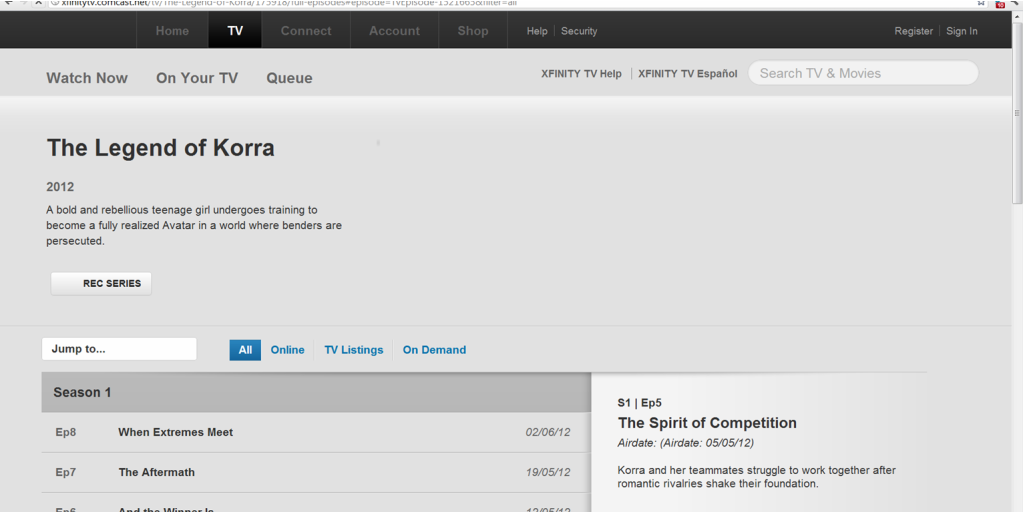Before I begin, I want to clarify that Mako is no where near my favorite character. Most of the time, I dislike him myself. For this post, however, I have tried to remain as unbiased as possible. However, I’m imperfect, and it’s highly likely I may slip up once or twice and my biases will shine through.
Anywho, let’s carry on.
Mako’s a fascinating character for a written character, and I’ll tell you why: He’s complex. It’s hard for most people to guess how he’s going to act next in most situations. This is a case of good writing. People are naturally complex in their actions. You can’t always guess what a person is going to do. Claiming a character is ‘out of character’ in its original media—while sometimes valid—is usually a stretch and suggests that a viewer doesn’t have a full understanding of the character at hand. There are occasions, of course, where this can be brought up. A betrayal for no reason, a character suddenly snaps into a murderer with no background, but we haven’t reached that point with Mako quite yet.
Bryke up to this point have created a character with a lot of faults. Mako has some positive points, too, though. He puts his family first and foremost, he cares for those he grows attached to, he isn’t afraid to step up when needed. But at the same time, like any real person, Mako has a lot of faults—he’s rash and judgmental, prone to yelling and placing blame on others. He does sometimes apologize for his behavior, he actually does more often than not I think, but Asami’s line of ‘it’s easier to ask for permission than for forgiveness’ doesn’t exactly ring true here for a viewing audience.
Any viewer or consumer of popular media are going to have higher expectations of the protagonists than they do of themselves. It’s how it works. Characters are praised when they’re realistic, but up to a point a character can become overbearing with their overall realness. Faults are not forgiven as easily when it’s a character, a main one, the hero, because you expect them to do the right thing. Sure, they’ll slip up sometimes, and that’s fine, but when the same error (or similar ones) is made again, and again, and again, it can become annoying. The viewer becomes less forgiving, when they usually aren’t very forgiving in the first place.
Mako’s negative aspects are a lot louder than his positive ones. His positive ones work on small action and offhand comments, while his negative work off of yelling and dramatic action. This leaves more of an impression on the viewer than any kind smile or gesture. People remember the negative much more easily than the positive, so Mako accusing Korra of being jealous, his yelling matches, his rude attitude towards her—this is what people remember.
The final thing one has to consider is the initial expectations going in that a mostly female viewerbase had. We expected someone that was quiet and awkward in his actions for the most part, and many early fanfictions pegged him as an almost reincarnation of Zuko, whether that version be ‘canon’ or ‘fanon’. Those expectations were quickly dashed as the season has progressed, and in a lot of ways, I think fans are quietly disappointed with this. Because of this disappointment, a viewer will naturally become more critical.
Whether you like Mako or not, he is a ‘good’ character. As in, a well developed one, and I would argue probably one of the most realistic in the series. However, this ‘over-realness’ mixed with a less-than-forgiving viewer can cause a lot of hate and agitation over his character. When a viewer consumes media, we focus on things being realistic, the characters being relatable, but when a character has so many flaws—and when they’re not a villain, but the hero, we don’t like what we see. We want to see someone that we can like, that we can cheer on, that has flaws that build upon the character, not break them down.
Mako’s hate, while I can understand where it’s coming from, is mostly brought on by viewer psychology and Bryke’s passion of seeming to vocally express his negative aspects while being quieter about his positive. Let’s just hope they haven’t dug themselves into a hole they can’t quite dig out of.












